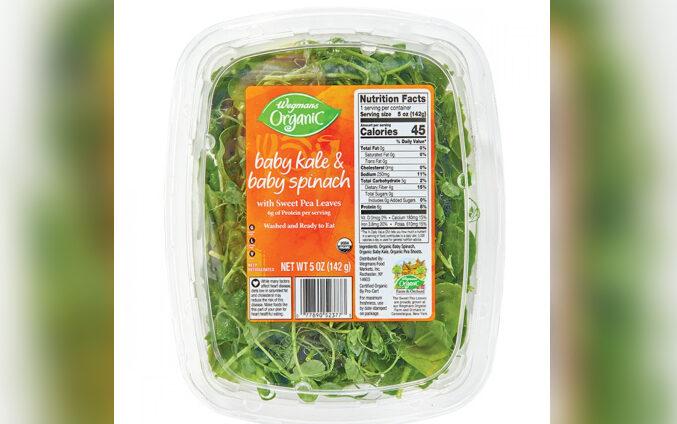Wegmans Food Markets is issuing a voluntary recall of products containing micro greens, sweet pea leaves, and cat grass because of potential salmonella contamination.
In a news release, Wegmans said the recall was being done because “some of the soil the products were grown in, supplied to Wegmans Organic Farm by bio365 of Ithaca, New York, tested positive for Salmonella by the supplier.”




